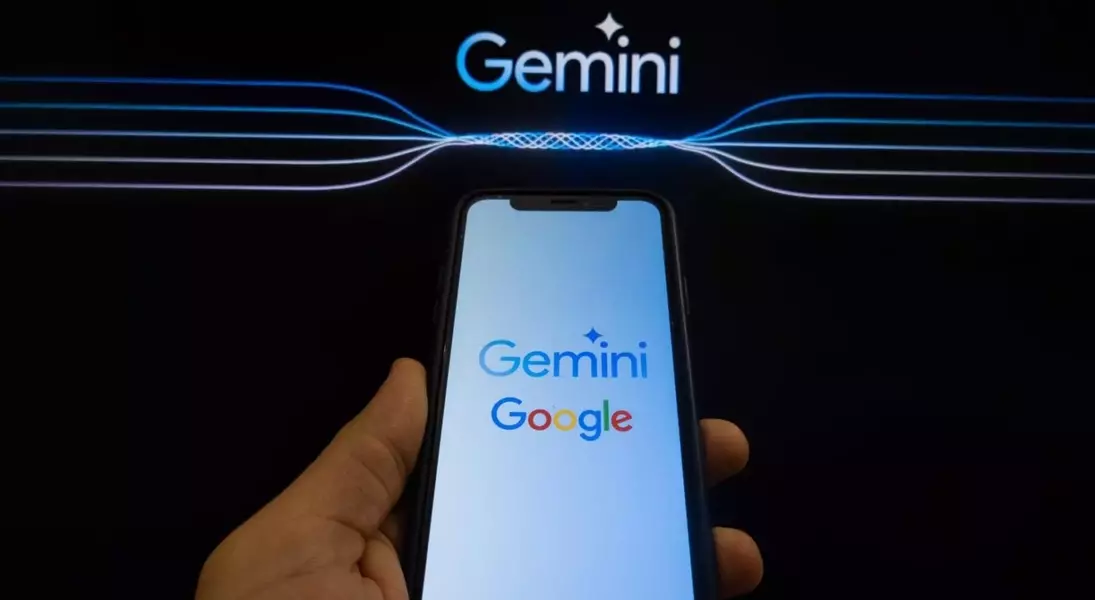
In an attempt to showcase the capabilities of its AI model, Gemini, Google inadvertently highlighted a significant drawback of artificial intelligence tools: their tendency to generate inaccurate information. The company had to revise its planned Super Bowl advertisement after discovering that the AI-generated content contained erroneous data. This incident raises questions about the reliability of AI-generated information and the need for better verification mechanisms.
The Unintended Consequences of AI-Powered Advertising
Google’s ambitious ad campaign aimed to demonstrate how small businesses across the United States are leveraging Gemini to enhance their operations. However, one particular ad featuring a Wisconsin cheesemonger using Gemini to write website copy included a false statistic about gouda cheese consumption. This error was quickly pointed out on social media, leading to a public discussion about the accuracy of AI-generated content.
The controversy began when travel blogger Nate Hake tweeted about the misleading statistic in the ad, calling it a "hallucination" due to the lack of cited sources. In response, Jerry Dischler, President of Cloud Applications at Google Cloud, defended the ad by stating that Gemini draws information from web-based sources, implying that users can verify the results. However, this defense fell short as the statistic could not be substantiated through reliable evidence. The incident underscores the importance of critical thinking and fact-checking, even when using advanced AI tools.
Addressing the Issue and Moving Forward
Despite Dischler's initial defense, Google took swift action to address the issue by revising the advertisement. The updated version removed the disputed statistic, ensuring that the ad would air during the Super Bowl without spreading misinformation. This move reflects the company's commitment to maintaining the integrity of its AI-driven initiatives while acknowledging the challenges associated with ensuring accuracy.
The entire episode serves as a cautionary tale about the potential pitfalls of relying too heavily on AI-generated content. While these tools can undoubtedly save time and offer valuable insights, they also come with limitations. The incident highlights the necessity for developers to implement robust verification processes and for users to approach AI-generated information with a discerning eye. Ultimately, this experience offers a more realistic perspective on what to expect from AI tools like Gemini, emphasizing the importance of human oversight in the age of automation.
